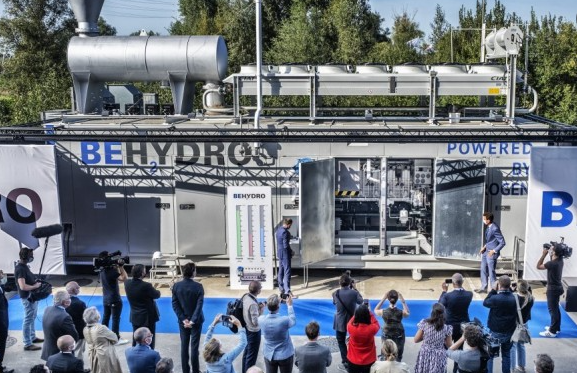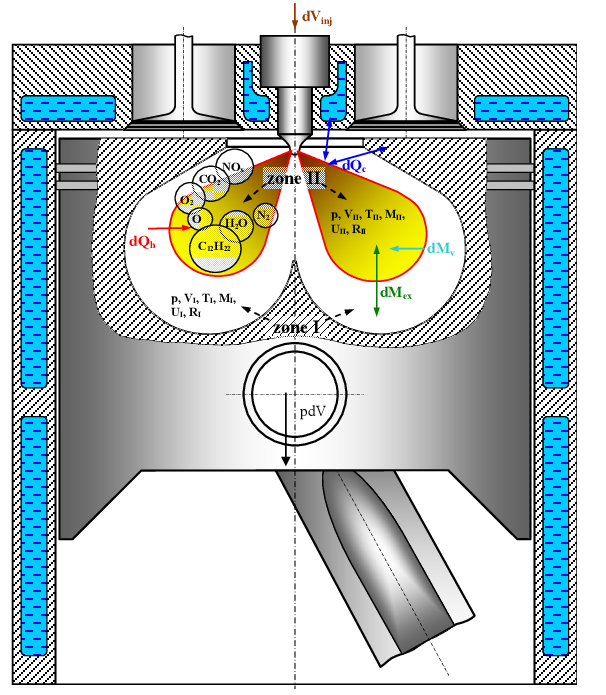Probleemstelling:
Global warming, a growing maritime transport, and the roadmap away from fossil fuels towards a CO2 neutral economy are driving innovations and technology developments in the marine sector. Given that the main marine propulsion is via compression ignition (CI) engines and with fossil fuels such as heavy fuel oil and diesel, the marine industry is looking for alternatives. Electric propulsion and fuel cells are looked at amongst others. However, fuel solutions that have a higher energy density are required for the longer distances, which are difficult to achieve with the low energy density of batteries and the low maturity of the fuel cell technology. Fuel selection criteria such as sustainability, scalability and storability lead to the selection of methanol as a viable alternative for fossil fuels for those applications that need high autonomy [1]. For genset applications where tank space and thus storability is less of a criterion, hydrogen is an interesting alternative [2]. Both fuels have a high octane number and are therefore ideal for spark ignition (SI) engines. To use them in CI engines, a dual-fuel combustion strategy has to be used where diesel ignites the methanol-air or hydrogen-air mixture. As such diesel acts as a “liquid spark”.
ABC Engines, a major Belgian engine manufacturer of medium speed engines for a.o. marine and genset applications, is developing their sustainable dual-fuel engines with methanol-diesel and hydrogen-diesel. At CIMAC 2019 they presented the first results of their lab engine tests [3] and recently they announced the commercialization of their dual-fuel hydrogen-diesel engine with BeHydro [4]. In the European FASTWATER project, a tugboat will be converted with Europe’s first ABC methanol-diesel dual-fuel engine [5].
ABC has a framework collaboration with Ghent University to research the fundamentals of dual-fuel engines and to explore the parameters that have an influence on engine performance. To avoid expensive engine test benches and time consuming experiments, ABC asked Ghent University to develop a dual-fuel engine model with hydrogen.

